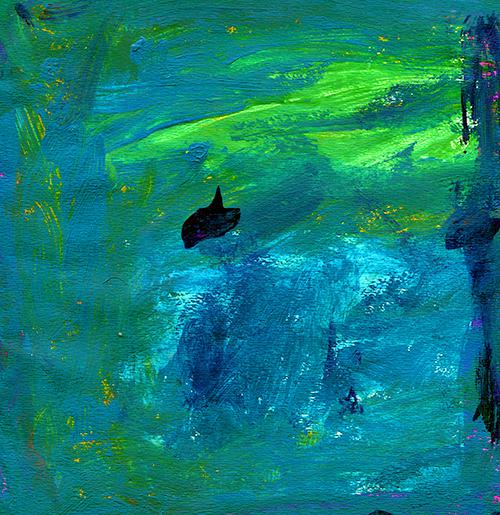In many ways it is disability—its disfigurement, impairment, vulnerability and dependence—which raises the objection we have to life at its beginning and end. It is disability that we want to avoid. For this reason then we turn to disability directly, to ask to what extent the anomaly of disability casts a light onto one of the central features of the humanum as such…. to what extent, that is, it is an ability.
Articles
Book Reviews
-
Being vs. Doing: Personhood and Vulnerability in John Paul II by Kathleen Curran Sweeney
-
Jeffrey Tranzillo, John Paul II on the Vulnerable
-
-
The Terrible Mystery of Innocent Suffering by Fabrizio Meroni P.I.M.E.
-
Carlo Gnocchi, Pedagogia del Dolore Innocente
-
-
Lessons in the Backyard by Barbara Gagliotti
-
Timothy Shriver, Fully Alive: Discovering What Matters Most
-
-
What the Body Remembers and Our Culture Forgets by Rachel M. Coleman
-
Stanley Hauerwas, Suffering Presence: Theological Reflections on Medicine, the Mentally Handicapped, and the Church
-
-
Vulnerability and the Cult of “Normalcy” by Sara Hulse
-
Thomas Reynolds, Vulnerable Communion: A Theology of Disability and Hospitality
-
-
Meeting the Vulnerable: Encountering Christ by Micheala van Versendaal
-
Jean Vanier, Drawn into the Mystery of Jesus through the Gospel of John
-
-
Foucault’s Disability: From Social Construct to Self-creation by John Laracy
-
Michel Foucault, History of Madness
-
-
Simply Present by Carla Galdo
-
Henri J.M. Nouwen, Adam: God’s Beloved
-
-
Life Is a Blessing by Melanie Danner
-
Clara Lejeune-Gaymard, Life Is a Blessing: A Biography of Jerome Lejeune
-
-
A Mother's Love by Nick Bagileo
-
Elena Kilner, Letters to John Paul: A Mother Discovers God’s Love in Her Suffering Child
-
